That’s the best achievement I believe you can have, that the film brings up emotions, makes you shiver inside, makes you ask yourself something: An interview with Nina director Olga Chajdas
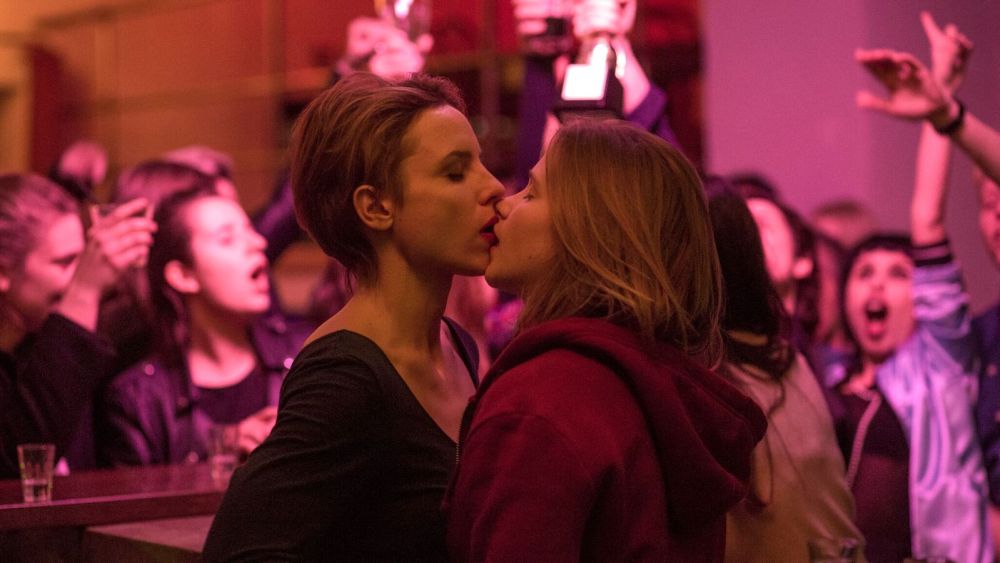
Nina is a drama from first-time Polish director Olga Chajdas, charting the story of a woman (Julia Kijowska) and her husband (Andrzej Konopka) who are on the hunt for a surrogate to carry their child after struggling to conceive. A chance meeting with a free-spirited lesbian woman, Magda (Eliza Rycembel), seems to present the possibility they have been hoping for. However, as Nina gets to know Magda, she begins to question her own life, her relationship and her sexuality.
I sat down with Chajdas while she was in London to present Nina to discuss the inspiration for the movie, her particular approach to filmmaking and what she hopes people will take away from the story.
Hi Olga, great to meet you. Thanks so much for taking the time to speak with us about Nina, which is out in the UK this week. Perhaps you could start by telling me what the inspiration was to tell this story for your first film?
Actually there was no one inspiration. The film took more than ten years to complete and at the very beginning, I was a young lesbian in my 20s wanting to be a director, to become a star in directing. I decided I was going to do my first film quickly and it was going to a lesbian film. Of course, sometimes life shows you otherwise and we didn’t get financing back then. So I was working on the script for the next years until I came across this co-writer, Marta Konarzewska, and I told her: “I’m a director not a writer. I’ve reached the wall.” After she came on board we took the story further. I realised working in TV and theatre doing numerous projects during that time that it shouldn’t be about focusing on the topic, it’s not about doing a lesbian film. It’s about characters, a film about emotions, about being true to yourself. And after realising that the story took a different approach. It was about three years ago that we eventually got the financing and we could actually start the production. But there was no one particular event or inspiration. I just imagined these two characters falling in love and having this child in the background as the ultimate price.
It’s a complex and fascinating story that is quite multilayered in that it’s not just about sexuality. There’s also the relationship between Nina and her partner and themes around challenges of not being able to have children and the emotions around that. What did you want people to take away from that?
Well, first of all I wanted to create this triangle of characters who all had their different bonds and backgrounds and families. Nina suffers with this toxic bond with her mother and not being able to create a life of her own. Even though she’s very freestyle as a French teacher, teaching her kids to be free minded and perceive the world in a different way than they usually teach at school, in reality she’s very closed. She keeps her cards close to her chest. She’s very protective of herself and of her emotions. I assume that she loves her husband and he loves her dearly but through the process of struggling to have a child they sort of forgot the reason that they started. I spoke to a lot of couples that were struggling to have a baby and after years they start to hurt one another because they can’t remember exactly the reason they started thinking about it. Plus, you know, there’s this whole family atmosphere around her family: there’s a lot of kids around, her sister has children and the younger one is getting married. So there’s this whole family culture kicking her from behind. And then there’s Magda who even though she seems open-minded and happy at the beginning she’s actually very sad and lonely in the very core of her personality. So they both discover the need to ask that very basic question about your own personal happiness and that if you have the strength to answer that question, you can you do something about it.
It seems the relationship between Nina and Magda is less about Nina discovering her sexuality than about discovering herself and finding liberation. Would you say that’s the case?
I always felt it was about, exactly as you said, discovering your own liberation. And she says toward the end that she’s not discovering her sexual orientation. She didn’t come out as a lesbian because she discovered that she fell in love, it’s as simple as that. It’s a love story.
You’ve got a fantastic cast, especially these two women at the centre of your story, Julia Kijowska as Nina and Eliza Rycembel as Magda, who both share an incredible chemistry. How did you go about casting your film?
For Nina, I actually already had Julia Kijowska in mind. She’s an amazing actress very well known in Poland. Eliza on the other hand is a very young actress. She’s not a beginner but I suppose she only had a few major parts before. She never had such a complex role before. I met her some years ago during an audition for another project that I never ended up doing but – and this had never happened to me before – she made me cry during that audition. So that’s how I remembered Eliza and when I was preparing an example scene for the cultural institute – as a first-time director you always have to shoot the scene in order to apply for the public funding – I invited Eliza to see her next to Julia and take it from there. And when they stood next to each other, I realised they are similar in a way, physically. They have the same nose, they have the same way of moving and I thought, “oh, that’s cool for the film”. Because I’d never thought of that, of the two characters being similar. But when I saw them together, I thought: that makes perfect sense. Nina sees herself in Magda. Nina sees how she could be. And that’s how we took it further with the sex scenes in the film, that Nina is discovering her own body for the first time. We did have a small audition afterwards but I always came back to Eliza for the part because they have such an amazing chemistry. In the end it’s about chemistry. We have amazing actresses in Poland but it’s got to be about their chemistry.
Yes at some moments they seem to offer a mirror image of the other and at other moments they seem like opposites and in contrast to each other and a source of curiosity for each other. Even the way they look seems to reflect this: Nina often very smartly dressed, wearing a lot of makeup, whereas Magda is often without makeup and looks very natural.
Yes it’s like they are alter-egos, it’s very interesting. I’m glad you mentioned the makeup because we tried different things with that. For instance, right at the end, Nina sees a deer and that scene in mind we thought we could make Nina’s eyes look like deer eyes. I don’t know if you ever took the time to look into a deer eyes but they have beautiful eyes. And they are these creatures that when they’re standing next to a highway and hear cars pass by they don’t care. But if you stop the car, open the window and even whisper something, they are going to run away. That’s how I perceive Nina, that she’s cool from outside but if you whisper something she’s going to take off. Even in the bathtub she has full makeup but then in the last scene we finally took the lipstick away, she finally became herself.
Also what is particularly striking about the film is the unusual use of colour, lots of red for example, and imagery, darkened rooms – what was your approach in this respect and what impact did you want those choices to make?
Yes it’s very dark! Our Director of Photography has this very dark momentum in his life. Early on with the DoP, Tomasz Naumiuk, we described the film in three words: intimate, sensual and subjective. So we took it from there and Tomasz invented the technical means to do it. Our biggest inspiration was photography, for example Todd Hido who made this beautiful album called Intimate Distances, and we figured that the best way to tell the story was in they style of photography. Tomasz had this brand new camera, a Panasonic Vericam, and it’s very sensitive, you don’t need that much lighting, hence the intimacy we were able to create around the actors, they were not surrounded by the amps and everything. But what he did that was amazing was he attached old photographic lenses to his brand new camera. It was very funny actually as people from Panasonic came on set because it was the first film to be shot on this brand new camera and they wanted to make a “making of”. But then they saw we were using these old lens we’d found in some scrapyard that were all scratched and in bad condition! We loved it though because we wanted the picture to be a bit rough and grainy with imperfections. I think the imperfections are what make your picture stand out.
And you also seem to use lots of interesting angles, such as the characters looking at each other through glass, which perhaps adds to the sense of trying to see but no seeing fully clearly?
Yes because the film is not objective. We chose a different colour palette for each character. Like Magda’s world is more in reds and purples and Nina’s character is colder. When they meet their worlds are put together.
Do you see there has been a shift in cinema toward more diversity? For example more films that are female-directed, have female-led stories or deal with female sexuality in more honest and authentic ways are receiving more profile?
Well female sexuality in general is something that is totally overlooked in cinema and in culture. That’s why I like to focus on female characters because there aren’t that many scripts written for female characters. And we have amazing actresses, older actresses that are always used in terms of a function. They’re always mothers, wives and aunts, they’re never separate beings. The representation of minorities in cinema is very weak, especially in Poland. So I’m trying to implement that in any way I can, such as when I was doing this Netflix series in Poland and then there was a scene written for a guy interrogating another guy and I’m like, why a guy? I mean, it could be a female integrator. And it served the scene amazingly because you didn’t expect a woman to be so tough and so strict. But the writer never thought of that, because for him, it was obvious that it’s a guy who’s supposed to interrogate. We need to change this way of seeing and perceiving things, we have to still work on that.
And by discovering sexuality through film you have to first tell stories and focus on characters and take it from there. I don’t know if you noticed but recently in series, there’s always a lesbian character. In all new series that I’ve been watching, you know, such as The Good Wife, there’s always a lesbian character. So these things are changing. But I still see, lesbian sex scenes where they start kissing and then the camera pans to the fireplace or something. Like, why? One thing that I would like to avoid though is just to be labelled in this niche as being this lesbian director who directs for a lesbian audience. So I always think about the character first. My next film is not going to be a lesbian story – even though they do kiss once – but it’s a female-character driven story. I think that you have to take it from the character and see where it leads you.
What do you hope people will take away or the impact of this film to be?
It was never meant to be a statement of any kind, only that there would be emotions and that the film would resonate within people. And I see that happening after each screening that I attend. People come to me and say that they realised something about their own lives. And that’s I think the most beautiful thing. It’s not about them discovering if they’re gay or not but that they realise that they need to ask themselves questions. That’s the best achievement I believe you can have, that the film brings up emotions, makes you shiver inside, makes you ask yourself something.
And finally, can you briefly tell me a bit more about what you’re working on next?
Yes, I’m actually doing this post-punk psychological drama next. It’s happening in 1983 in Poland, soon before the free elections. It’s a female artist, a free soul who is having trouble connecting with her mother – again I have to deconstruct the mother-daughter relationship – and then she gets pregnant and she has to bond with her mother in order to become one herself.
I can’t wait to see it. Thanks so much for speaking with me and congratulations on your film.
Sarah Bradbury
Nina is released in select cinemas on 25th January 2019.
Watch the trailer for Nina here:

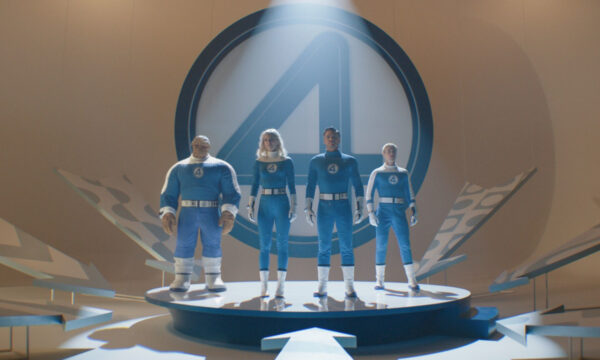
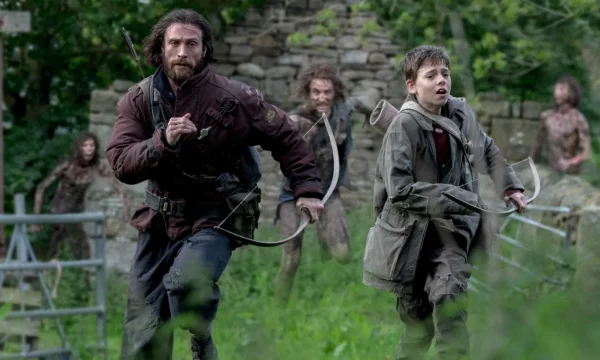
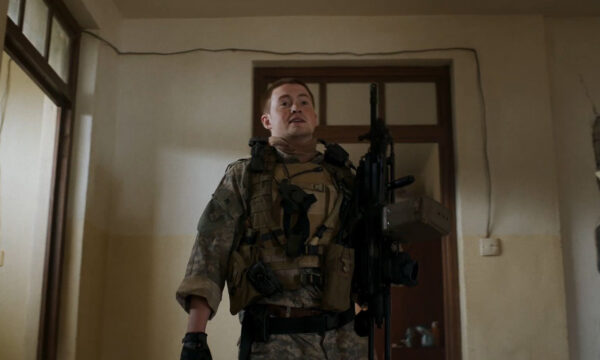

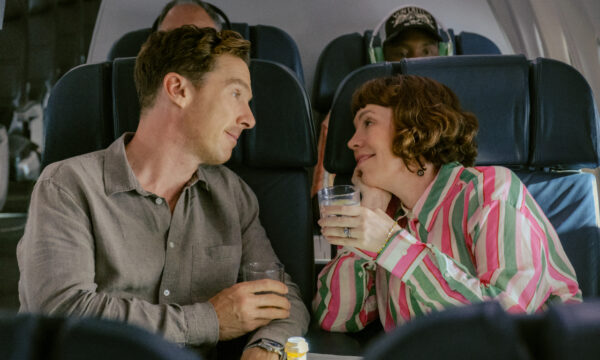
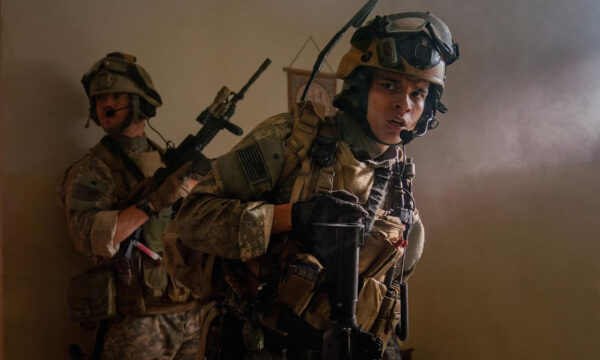
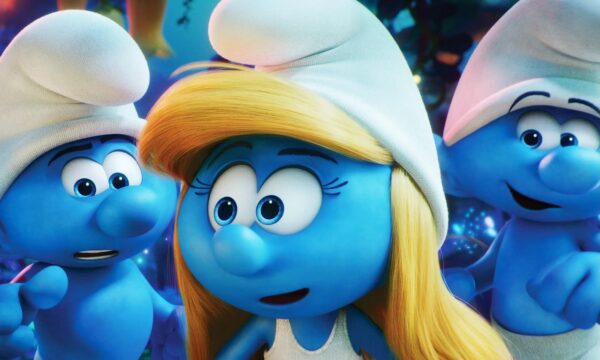
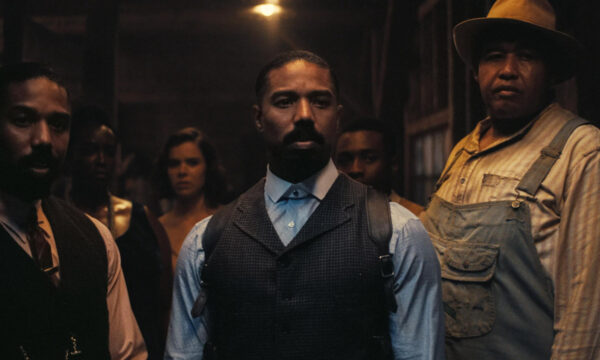
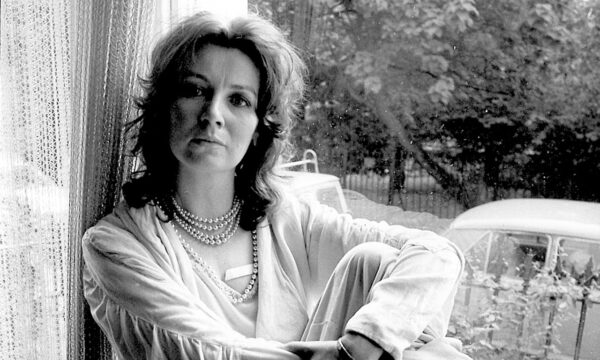














Facebook
Twitter
Instagram
YouTube
RSS